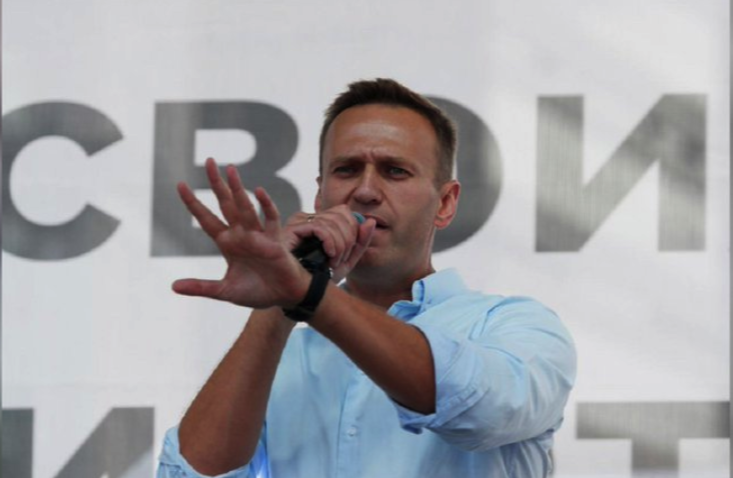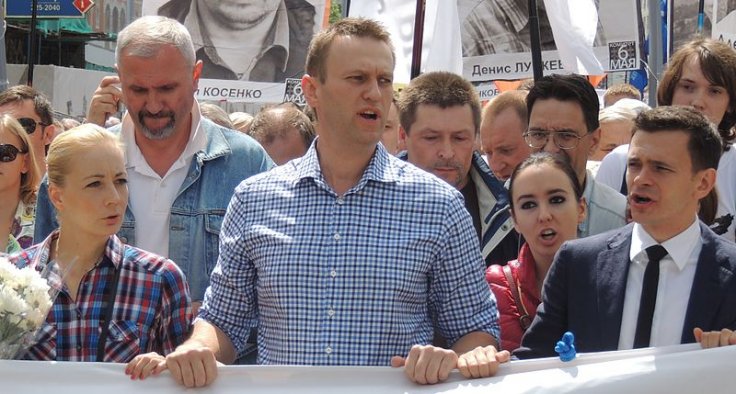
The Russian opposition leader and President Vladimir Putin's most vociferous critic Alexei Navalny has died in jail, the country's prison service has confirmed.
Navalny, 47, one of Putin's most visible and persistent critics, was being held in a jail about 40 miles north of the Arctic Circle where he had been sentenced to 19 years under a "special regime" for offences widely considered politically motivated.
Cause of Death is Not Yet Known
The prison service in the Yamalo-Nenets district said he had "felt unwell" after a walk on Friday. In a video from the prison last month, he had appeared gaunt with his head shaved. He had "almost immediately lost consciousness", the prison service said in a statement. The causes of his death are not yet known, the Kremlin said.
In early December he had disappeared from a prison in the Vladimir region, where he was serving a 30-year sentence on extremism and fraud charges that he had called political retribution for leading the anti-Kremlin opposition of the 2010s.
Navalny made a name for himself by campaigning against election fraud and government corruption, labeling Putin's United Russia as "the party of crooks and thieves." His activism and criticism of the Kremlin government led to him being targeted by authorities in raids and has even been jailed several times.
Navalny Slipped into a Coma After Suspected Poisoning in 2020

In 2020, Navalny fell into a coma after a suspected poisoning using novichok by Russia's FSB security service and was evacuated to Germany for treatment, as previously reported. He recovered and returned to Russia in January 2021, where he was arrested on a parole violation charge and sentenced to his first of several jail terms that would total more than 30 years behind bars.
Putin has recently launched a presidential campaign for his fifth term in office. He is already the longest-serving Russian leader since Joseph Stalin and could surpass him if he runs again for office in 2030, a possibility since he had the constitutional rules on term limits rewritten in 2020.









